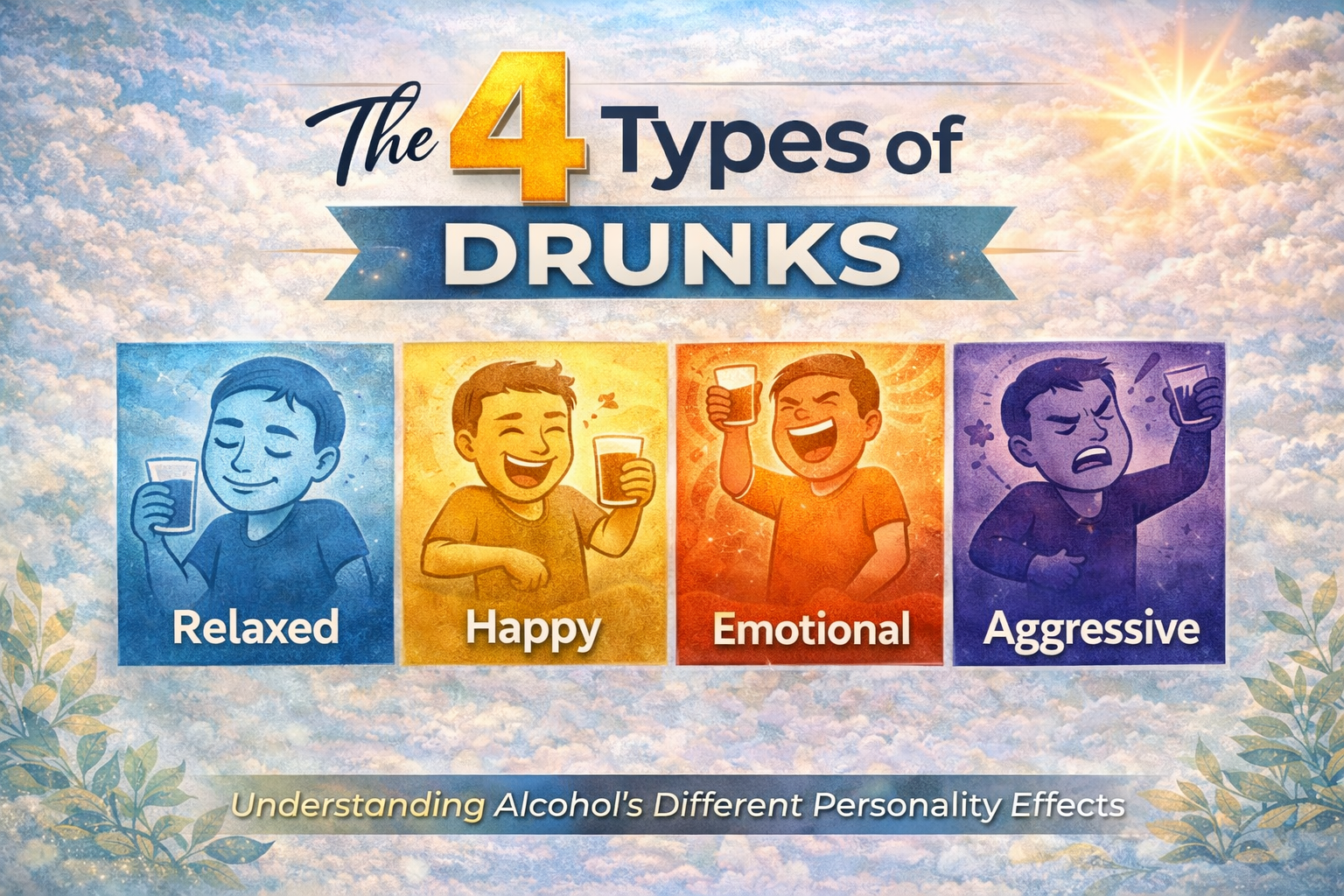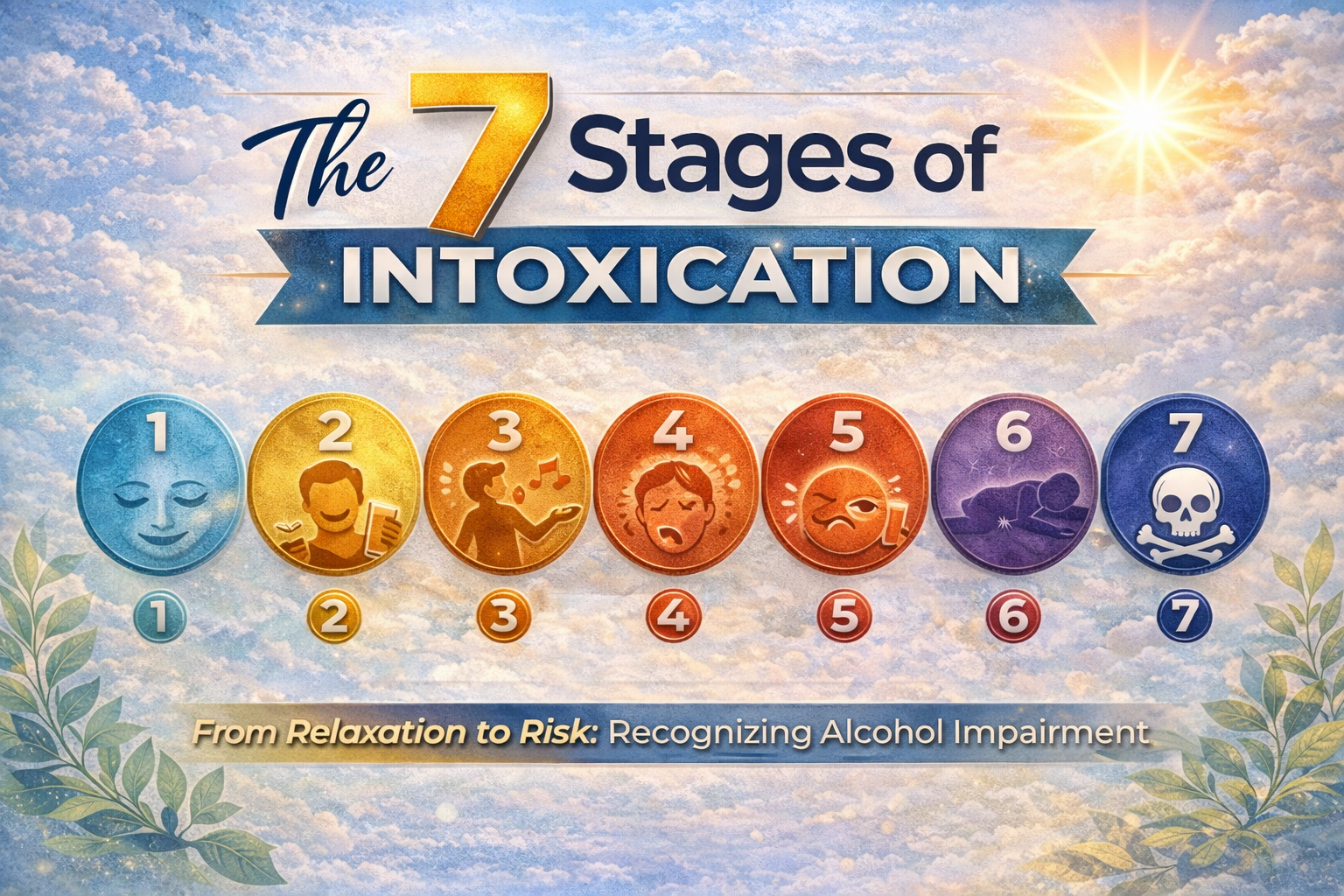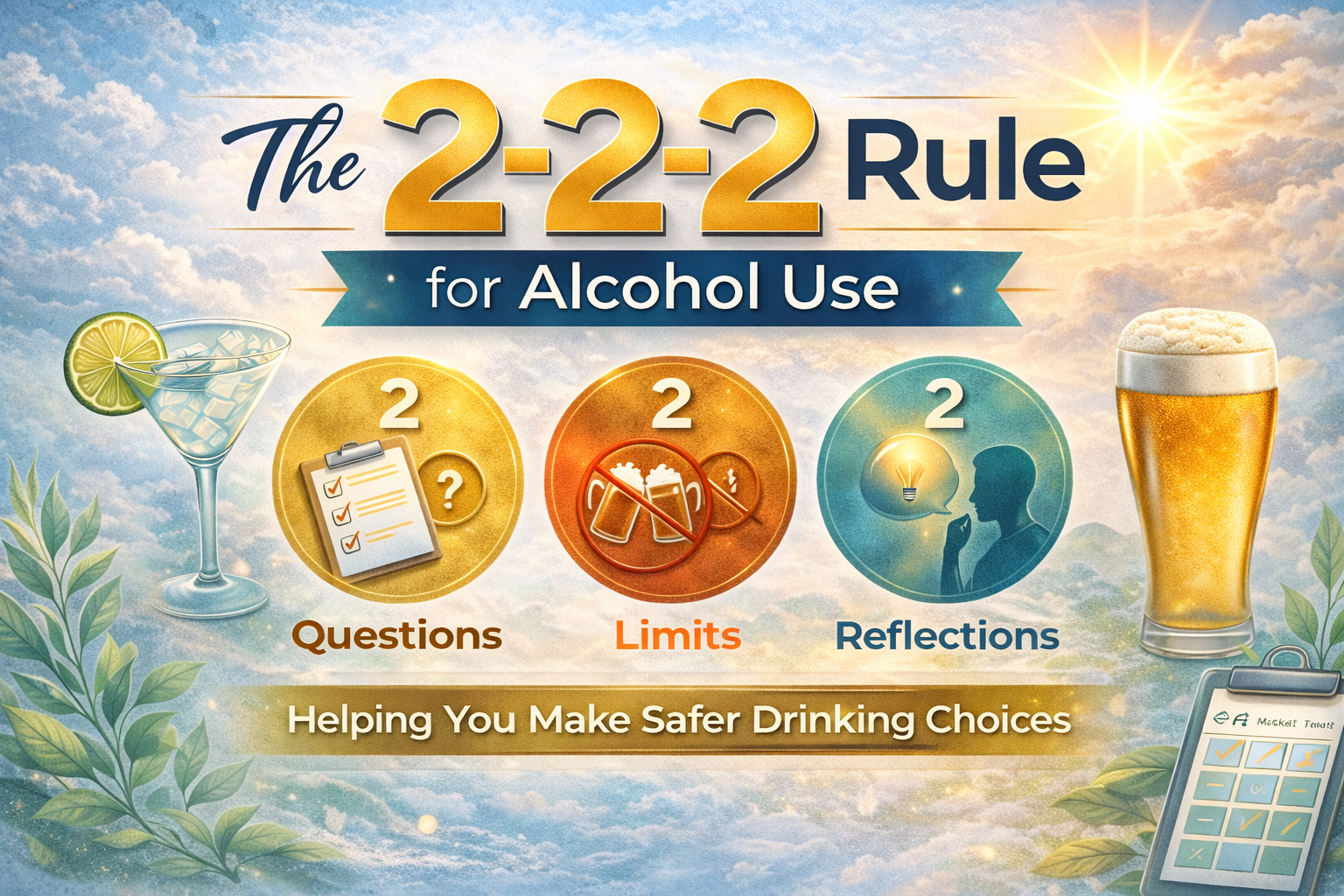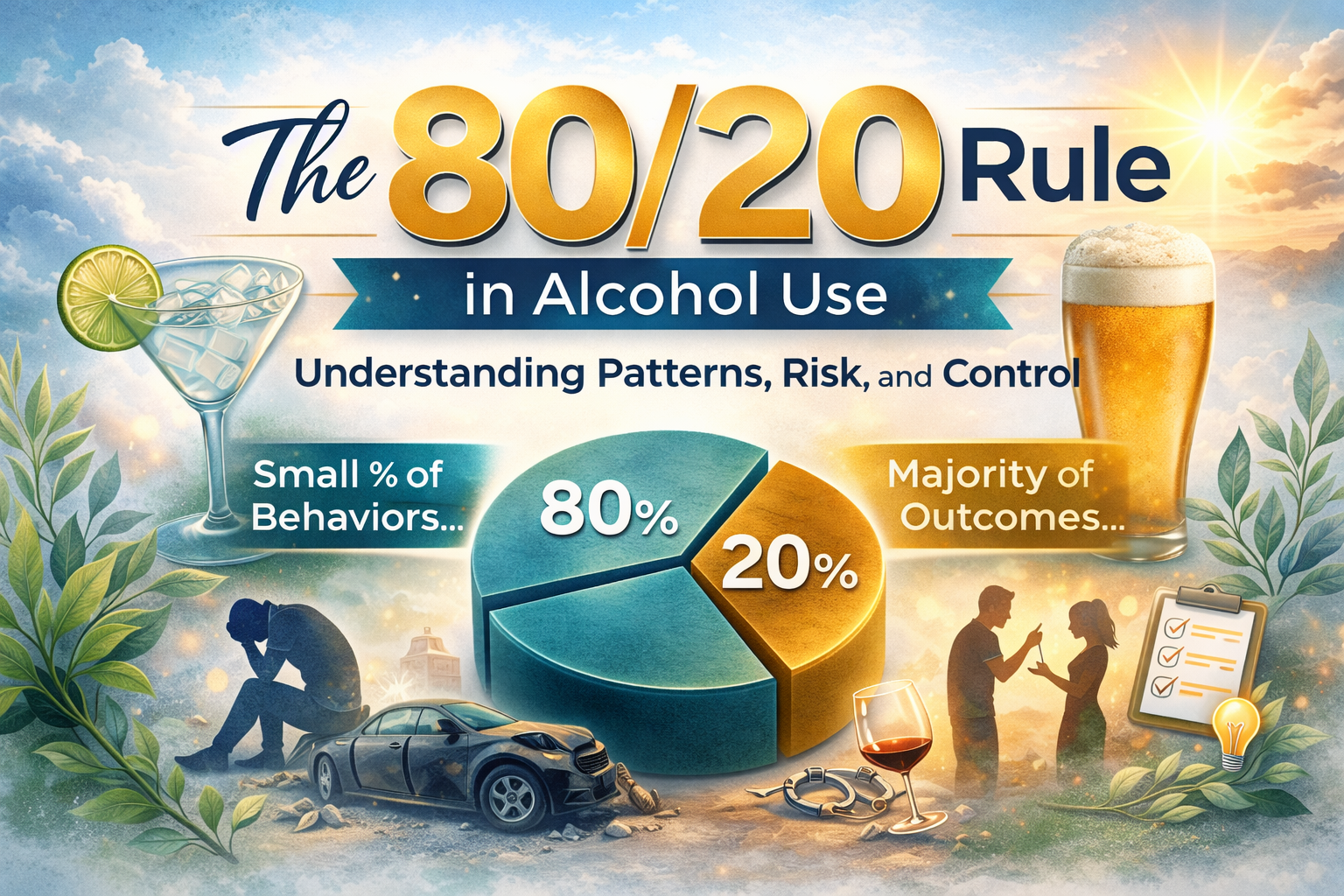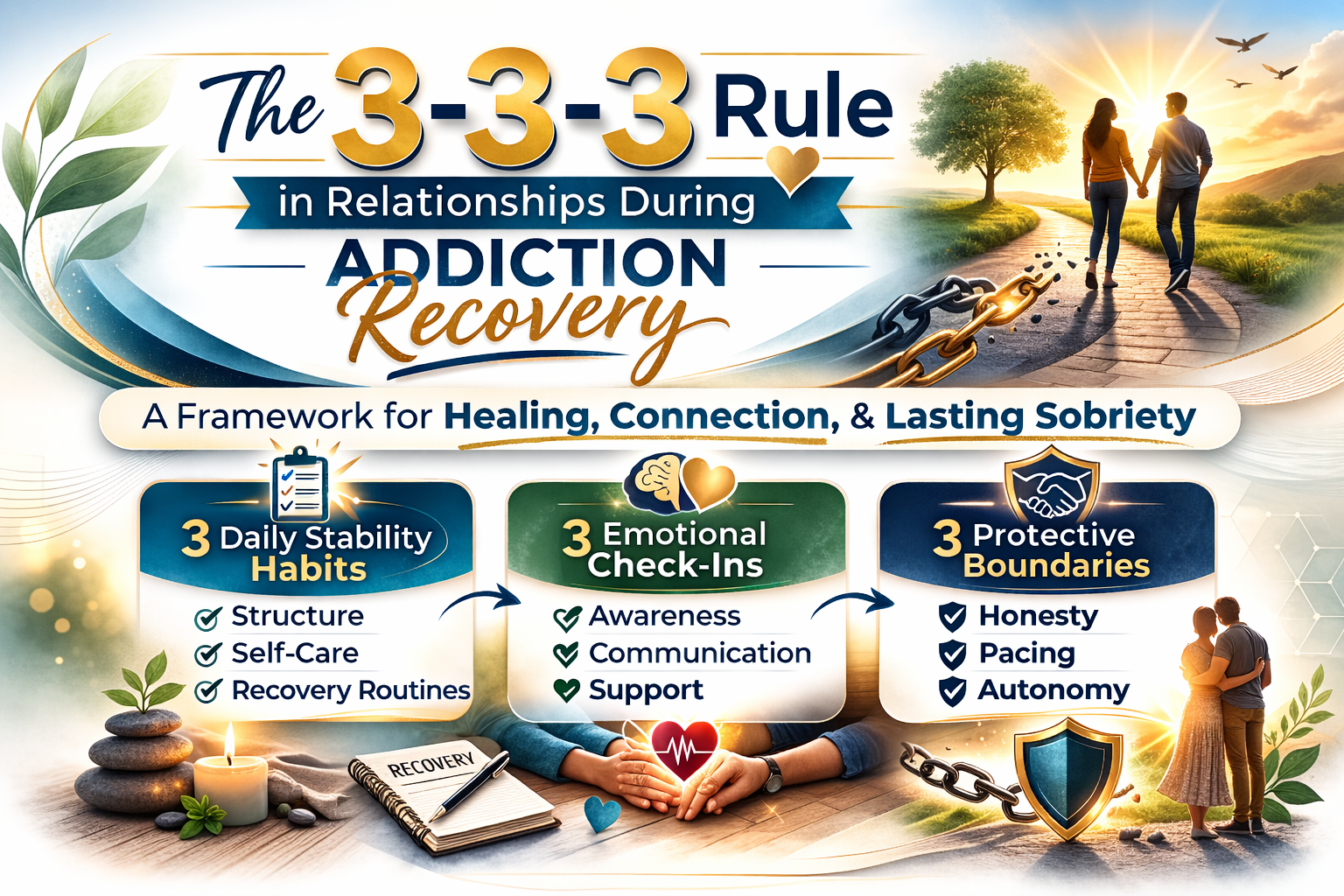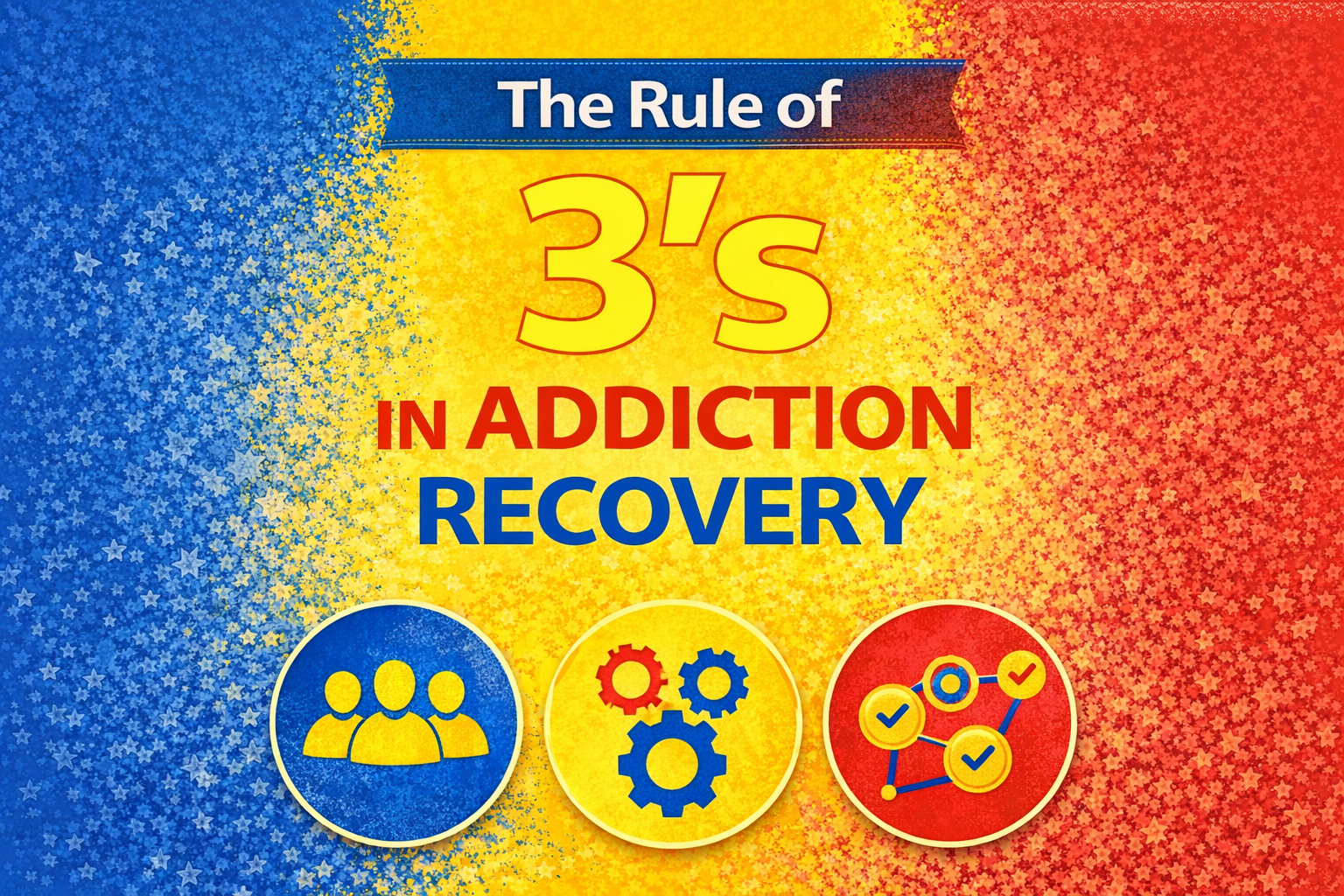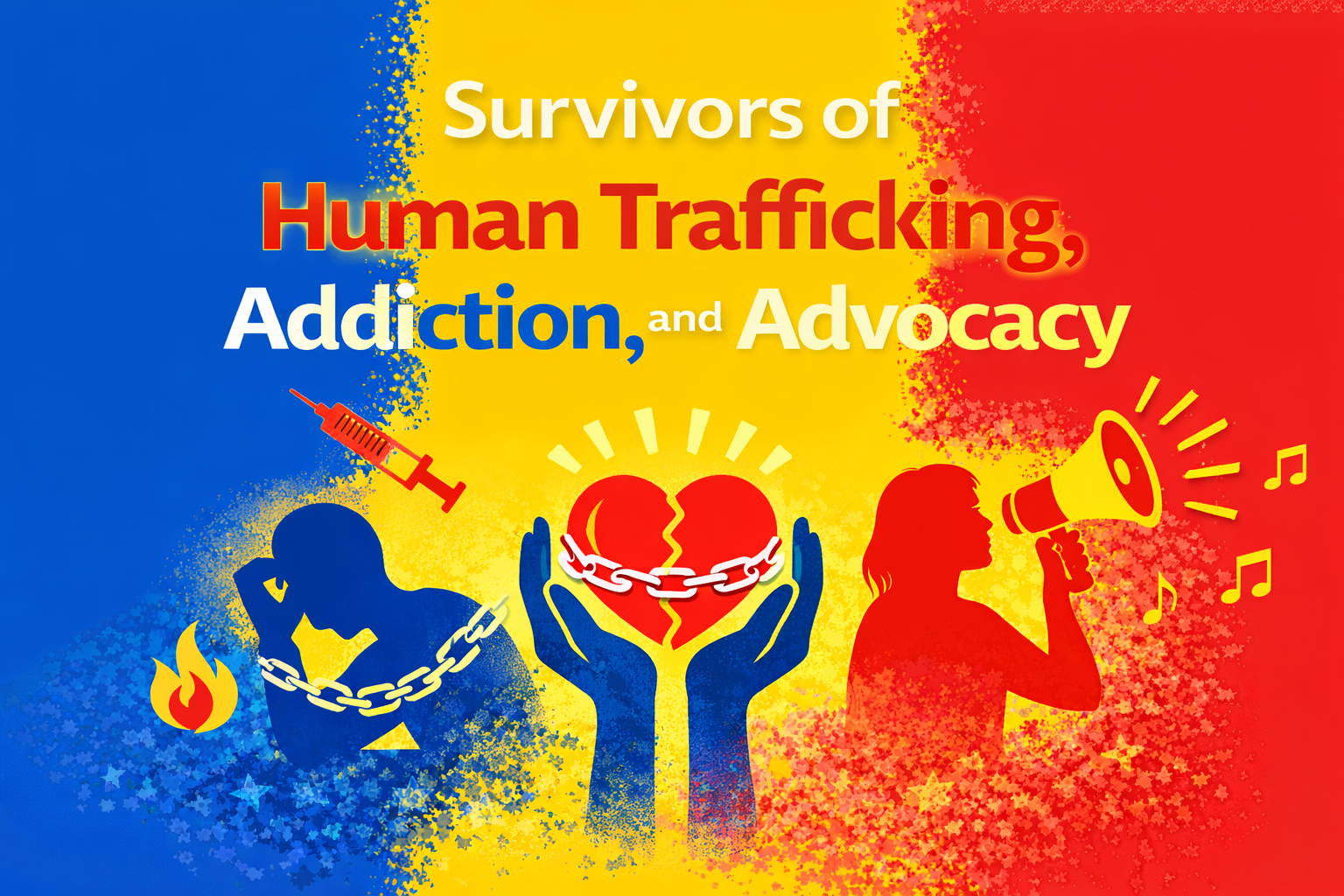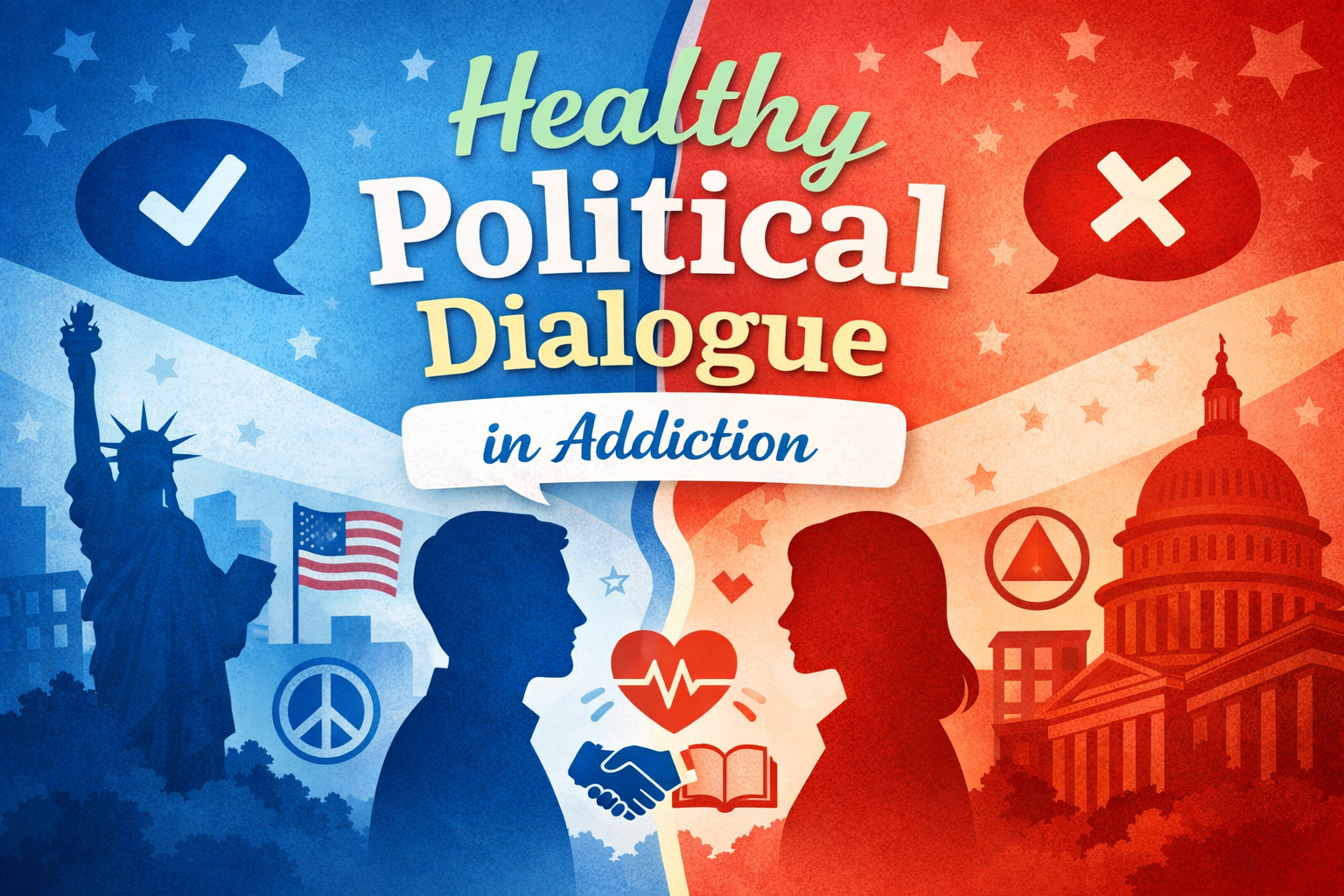The Four Types of Drunks
The idea of the four types of drunks is a helpful framework used to describe common behavioral patterns people may display when intoxicated, such as becoming relaxed, happy, emotional, or aggressive. While these categories are not scientific diagnoses, they offer insight into how alcohol can amplify underlying personality traits, emotions, and coping styles. Understanding these … Read more
